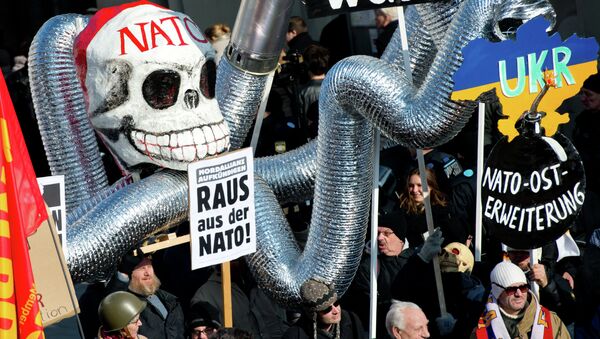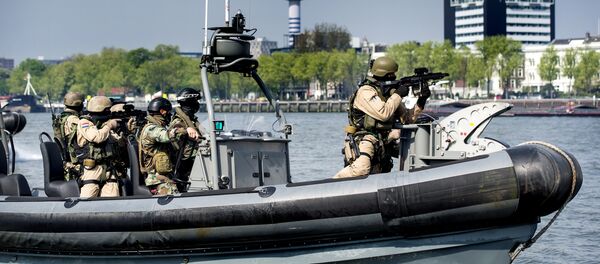Hans-Peter Bartels addressed the Bundestag about his plans to boost the country's military resources shortly after being sworn in as the German parliament's new armed forces boss.
Along with improving the equipment given to German servicemen and women in the armed forces, Bartels said he would make efforts to renovate many of the Bundeswehr's barracks, saying that the current policy of "shortage management" was "no longer an acceptable approach."
Germany to increase defense budget as fellow @NATO members continue cutbacks: http://t.co/nHHlklDqE3 pic.twitter.com/QmWJTgbe2f
— Christopher Harress (@Charress) March 24, 2015
However, despite calling for increased spending to assist German soldiers, Bartels also warned lawmakers that if the current approach didn't change, the government would be faced with the option of reducing the capabilities of Germany's army, which would be likely to anger fellow EU allies.
"However, this would not only annoy our partners in Europe. It would be absurd," he said.
Pressure From NATO Spending Targets
Bartels' comments about keeping up military capabilities and increasing spending comes amid ongoing debate about the state of Europe's security, given the political tension with Russia and the current conflict in Ukraine.
Despite Germany already planning to increase funding of the government's armed forces, military spending is still well below NATO's western alliance targets of two percent of total economic output, further increasing pressure on Berlin to ramp up spending.
Chair of Germany defense committee Hans-Peter Bartels: "A tank battalion without tanks is not a tank battalion" http://t.co/9MR2H3OTKQ #NATO
— NATOSource (@NATOSource) February 26, 2015
Following the breakout of the Ukraine crisis, western nations have accused Russia of aggressively interfering with Ukraine's sovereignty, alleging that Russian army battalions have been sent into parts of eastern Ukrainian to fight alongside separatist groups.
Moscow has denied the allegations however, and has pointed to NATO's recent expansion in Eastern Europe as a provocative factor further sparking tensions across the continent and inhibiting the Minsk peace agreement signed to try and stop the conflict in Ukraine.
How much do you know about #NATO’s members? Check out this #animation to brush up on the basics: https://t.co/yrm3FE2o5k
— NATO (@NATO) May 15, 2015
NATO recently announced that it was establishing six Eastern European bases in Bulgaria, Estonia, Latvia, Lithuania, Poland, and Romania, along with a 5,000 strong armed force to combat Europe's "changed security environment."
On top of the Eastern European expansion, NATO targets on defense spending have also been viewed as a means of placing pressure on member countries to boost their military capabilities.



